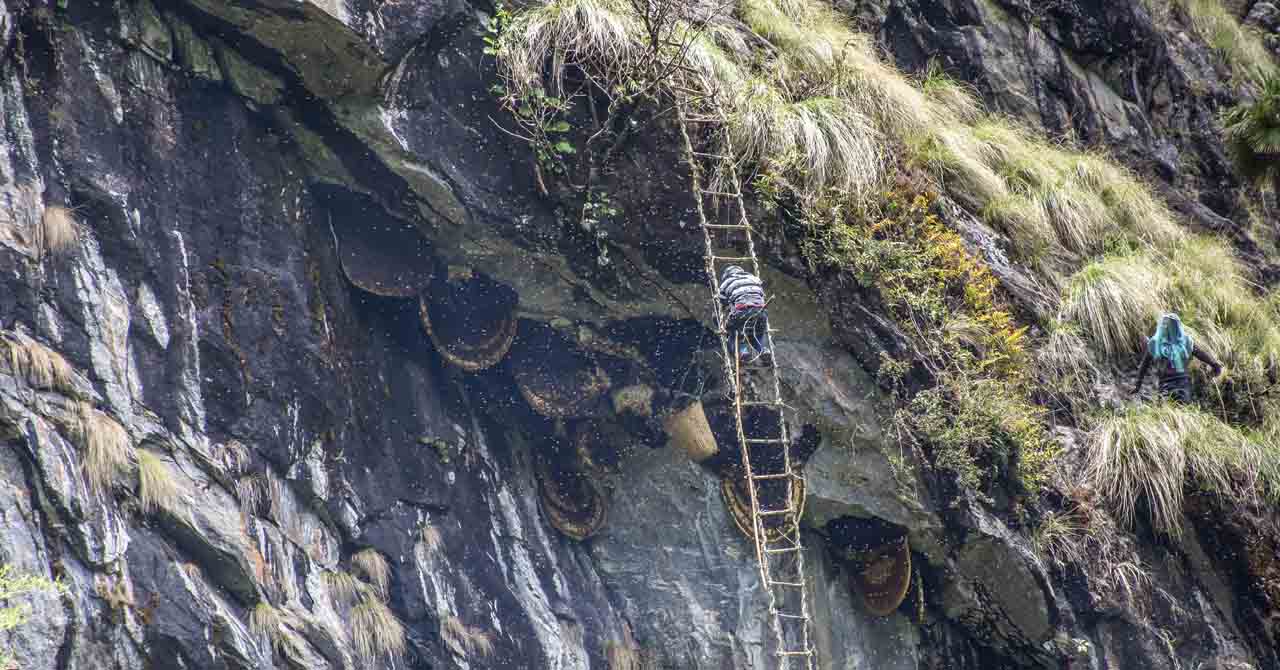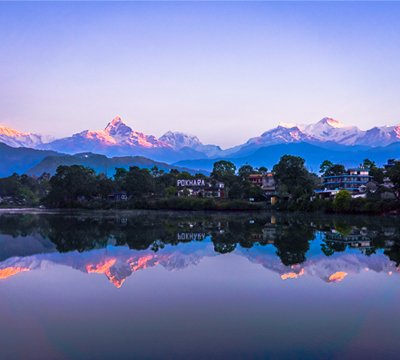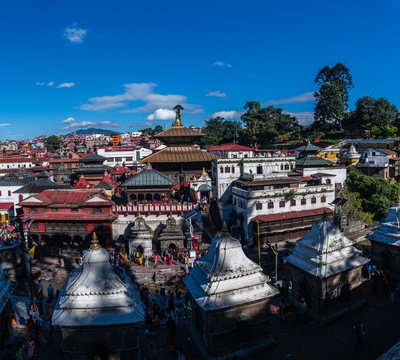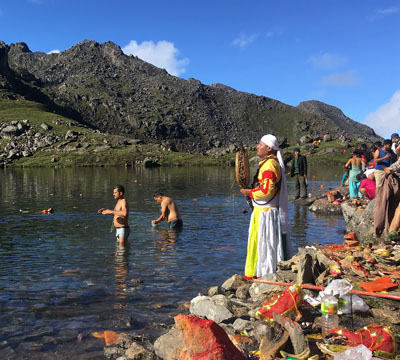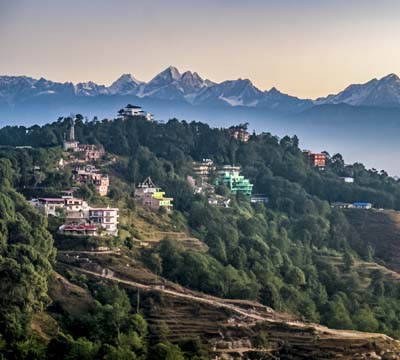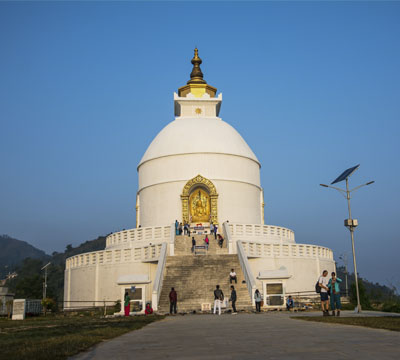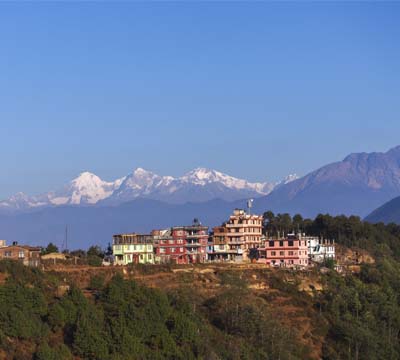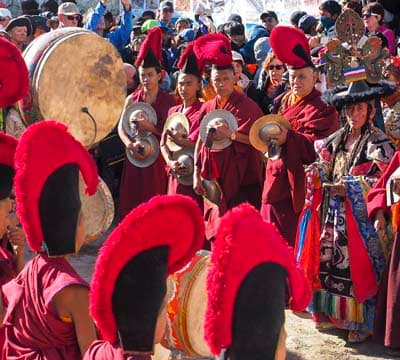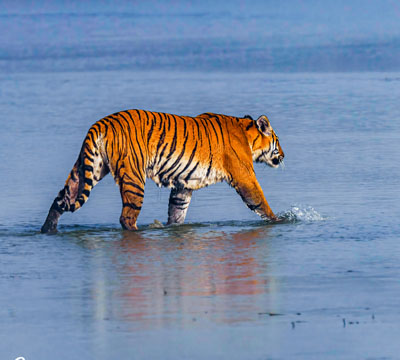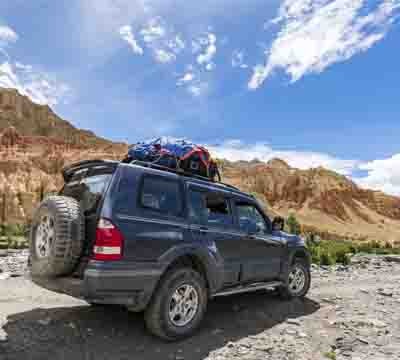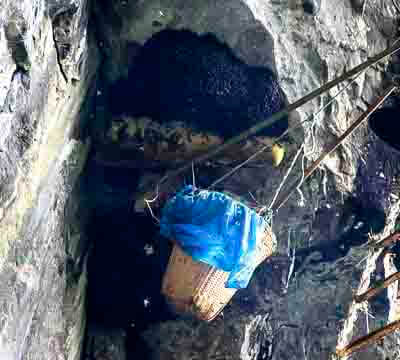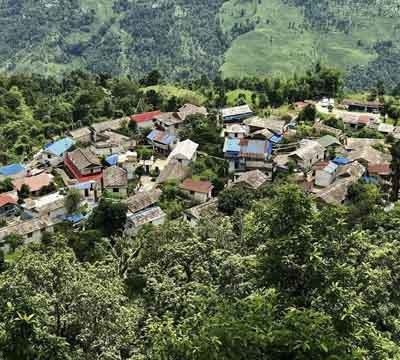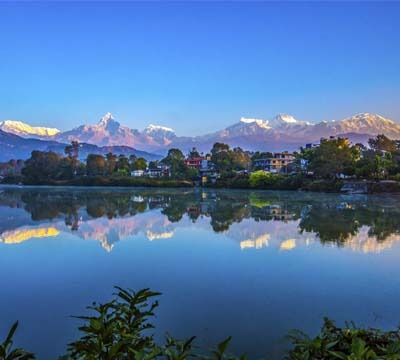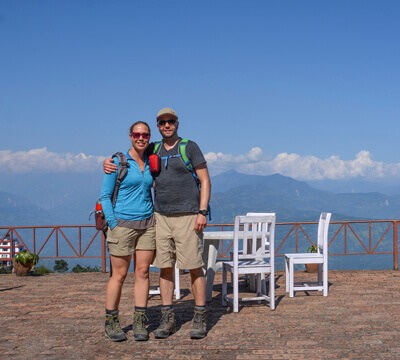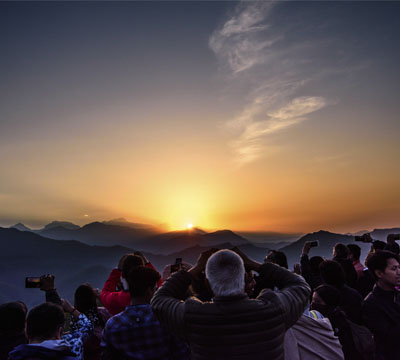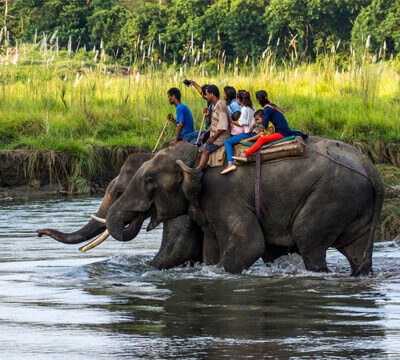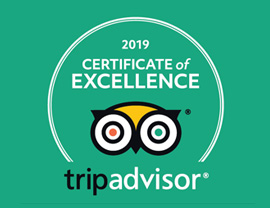- info@bestnepaltrek.com
- +977 - 9818852722
- Home
- Destination Nepal
- Nepal Tours
- Honey Hunting Tour in Nepal | Honey Hunting Tour
Honey Hunting Tour in Nepal | Honey Hunting Tour
- Altitude : 1500 m
- Transportation : Car/Jeep
- Meals : Breakfast/Lunch/Dinner
- Best Season : Apr/May/Oct
- Trek Hour : 7
- Accommodation : Hotel and Lodge
USD 1850 per person
Trip Highlights
- Cultural Immersion: Honey hunting is deeply rooted in Nepal's indigenous communities, especially the Gurung and Magar tribes. Interact with these communities to learn about their customs and lifestyles.
- Scenic Trekking: The honey-hunting regions in Nepal are often located in remote and picturesque areas. Trekking through lush forests, hills, and quaint villages will reward you with breathtaking views of the Himalayas.
- Honey Hunting Rituals: You'll witness the unique honey hunting process, where local honey hunters traditional methods to the cliffs and extract honey from the hives. It's a mesmerizing and daring spectacle to observe.
- Bonding with Locals: Interacting with the friendly locals and witnessing their ancient honey-hunting skills will leave you with unforgettable memories and a deeper appreciation for Nepal's cultural heritage.
Honey Hunting Tour in Nepal!
“The Honey Hunting Tour offers an exciting opportunity to explore the picturesque natural landscape and observe traditional beekeeping practices. It is an excellent way to learn about honeybees’ importance to the environment and discover local honey flavours in Nepal.”
The wild Honey Hunting Tour in Nepal is a real and frequent activity of the Gurung indigenous community in the Lamjung district. The famous places in the Annapurna region in Shyange, Chyanmche, and Bhujung. Especially the Himalayan Mad honey hunts, when participants gather honey from bee colony nests on rock cliffs to supplement their diet. This ancestral work of honey hunting continues in many remote villages of Nepal and offers high tourism potential. While it is only a small number of visitors participate in honey hunting, which ensures vital sources of local income.
Besides Ghalegoan Bhujung, the whole area of Annapurna has become famous for honey hunting. There are, though, a few lucky visitors who have the chance to see the honey hunting program. Along the hiking trails when travelling. Numerous nests are seen in this region’s inner and outer rings. Especially, this is a major chance to promote honey-hunting tourism in Nepal. Honey Hunting, the honey collection of wild bee nests built on cliffs, is an ancient tradition. By hanging up to 300 m on cliffs using bamboo ladders and gathering honeycombs, local honey hunters prove their excellent skill. Moreover, they are all excited to see honey hunters at work. So we Best Nepal Trek organize this type of Honey Hunting Tour with part of Trekking in Nepal.
This tour is a camping hike that includes Honey Hunting. We have good experience in Honey Hunters to do the job, and You will enjoy the trip. Come on vacation and explore the local traditions and Gurung culture in Nepal. Do not forget your camera! Walking along the Annapurna foothills trail, see the spectacular honey hunt on the steep bee cliffs. You’ll be welcomed by the Gurung people and know their traditions and customs. These holidays allow you to taste traditions and culture. See them while walking through the foothills of the Himalayas.
When you arrive in Kathmandu our representative will pick you up from Tribhuvan International Airport and take you to your respective hotel. You will have enough time for rest and our guide will brief you about the package and in the evening you can enjoy a delicious Nepali meal.
On this day, your guide will take you from the hotel, you should eat an early breakfast and drive to Beshisahar, then continue drive to the honey hunting place from Beshisahar, the road is gravelled. On this day you will drive about 8 to 9 hours, overnight with full board, breakfast, lunch and dinner.
After breakfast, just familiarize yourself with the locals and go for observation. In the afternoon watch the place where you hunt for honey, you will enjoy the local, as they bring bamboo and mossy bar, on this day you have a normal packet for lunch and evening back to the hotel, accommodation with full board.
That day you will go after breakfast with the local again in the forest and see how they are improving the bamboo rope and how they repaired the ladder to hunt for honey when they finished and drop things right under the hive and in the evening will return to the hotel, full board.
Early in the morning, you will go to the hunting place with the locals, that day they repaired the rope and made the smoke take the bees aways and began to hunt for this adventure. I hope you will have fun, you should greet the local themed after the hunting experience somewhere and take honey and return to the hotel, accommodation in a hotel with full board.
Transfer back to Kathmandu and transfer to the hotel farewell dinner with an office employee and talking about the trip, the hotel with Bed and breakfast plan.
Every beautiful journey has its end, and this is the last day of your stay in this beautiful country Nepal and completion of the awesome Honey Hunting tour in Nepal. You will be taken to Tribhuvan International Airport for departure. There are many beautiful places to visit apart from this amazing trip we welcome you to visit us again and enthralled by wonderful experiences.
Cost Includes
- Airport picks up and drops hotel transfer by private Vehicles.
- 2 nights in Kathmandu 2 Hotel with Bed and Breakfast plan.
- Guide salary and their insurance food and all accommodations.
- All Grounded transportation private or by Tourist Bus.
- During the tour three times meals (breakfast, lunch and dinner) tea, coffee etc.
- All government tax and office service charge including Vat.
- All necessary permits and all paperwork.
- First AID Kit.
Cost Excludes
- Any meals in Kathmandu other than Breakfast.
- All international and domestic flight tickets from Nepal.
- Your Travel insurance which is cover helicopter rescue if emergency.
- Nepal Visa fee bring accurate USD cash and two passport size photo.
- Nepalese Visa fee, you can get your visa your arrival in our international airport in KTM.
- Extra night accommodation in Kathmandu because of early arrival, late departure.
- Early return from mountain in scheduled program, meals and Hotel in Kathmandu.
- Personal phone calls, laundry, bar bills, extra porters, bottled water, shower, heater, etc.
- Tips for guides and driver.
Honey hunting in Nepal is a traditional practice where local communities harvest wild honey from the hives of giant honeybees, known as Apis laboriosa, which build their colonies on steep cliffs and rock faces. This ancient technique has been practised for centuries and is still carried out by certain indigenous tribes in the remote regions of Nepal.
If you're interested in experiencing a honey-hunting tour in Nepal, here's some useful information to help you plan your trip:
Location: The honey hunting activity is mainly concentrated in the remote areas of central and western Nepal, such as the Annapurna and Langtang regions. The most popular destinations for honey hunting tours are villages like Bhujung, Pasgaun, Chyamche, Shyange and Nai Chi in the Lamjung district.
Best Time to Visit: The ideal time for honey hunting is during the spring and autumn seasons. Spring (March to May) offers blooming flowers and warmer weather, while autumn (September to November) provides clear skies and moderate temperatures, making it easier for honey hunters and tourists alike.
Tour Operators: To experience a honey hunting tour safely and with local expertise, it's advisable to book through reputable tour operators. They will provide experienced guides who know the area and the honey-hunting traditions.
Physical Fitness: Honey hunting can be physically demanding, involving hikes to remote locations and climbing steep cliffs. Participants should have a reasonable level of fitness and be prepared for challenging terrain.
Safety Measures: Honey hunting can be hazardous, so it's essential to prioritize safety. Always follow the instructions of your guide and wear appropriate safety gear, including helmets and harnesses.
Cultural Sensitivity: Honey hunting is deeply rooted in the local culture, and it's crucial to respect the customs and traditions of the communities you visit. Seek permission before taking photographs and avoid disrupting the natural environment.
Accommodation: Since honey hunting locations are often in remote areas, accommodation facilities may be basic. Be prepared for simple guesthouses or homestays, which offer a chance to experience authentic Nepalese hospitality.
Permits and Regulations: Some areas may require special permits for tourists, especially if the region falls within a conservation area. Check with your tour operator or the local authorities for any necessary permits.
Ecotourism Impact: Choose a tour operator that promotes sustainable and responsible ecotourism practices. Supporting local communities and their traditional livelihoods can help protect the unique cultural heritage of honey hunting.
Other Activities: While on a honey hunting tour, you can also explore other activities in Nepal, such as trekking, wildlife viewing, and experiencing the rich local culture.
Always remember to do thorough research and choose responsible tour operators to ensure your honey-hunting experience in Nepal is safe, enjoyable, and respectful of the local communities and environment.
Sure, here are some frequently asked questions (FAQs) about Honey Hunting Tours in Nepal:
Q: What is honey hunting?
Honey hunting is an ancient practice of collecting honey from wild beehives located on cliffs or high rocks. The indigenous Gurung and Magar communities in Nepal have been practising this traditional method for generations.
Q: Where does honey hunting take place in Nepal?
Honey hunting tours typically take place in the rural regions of central and western Nepal, particularly in areas like Annapurna, Mustang, and Lamjung districts.
Q: When is the best time for honey hunting in Nepal?
The best time for honey hunting in Nepal is usually during the spring and autumn seasons, which fall between March to May and September to November, respectively.
Q: Is honey hunting safe?
Honey hunting can be dangerous due to its challenging locations on steep cliffs. However, local honey hunters are experienced in this practice and take necessary precautions to ensure safety. Tour operators also prioritize safety during these tours.
Q: Do I need any special skills or training to participate?
You don't need any special skills or prior experience to participate in a honey-hunting tour. However, a moderate level of fitness is advisable as some hiking or climbing may be involved.
Q: What can I expect during a honey-hunting tour?
During the tour, you will accompany local honey hunters to their traditional honey-hunting sites. You'll witness the process of collecting honey from wild beehives, and you may even have the chance to taste some fresh honey. Additionally, the tour often includes experiencing local culture and staying in traditional villages.
Q: How long does a typical honey-hunting tour last?
Honey hunting tours can vary in duration. They can be as short as a day trip or can extend to multiple days, depending on the tour package you choose.
Q: What should I pack for a honey-hunting tour?
You should pack comfortable clothing suitable for hiking and climbing, sturdy hiking shoes, a hat, sunglasses, sunscreen, and insect repellent. It's also a good idea to carry a water bottle and some snacks.
Q: Are these tours eco-friendly and sustainable?
Responsible tour operators strive to make these tours eco-friendly and sustainable. They work closely with local communities to ensure that the honey hunting practices are not harmful to the bee colonies and the environment.
Q: How do I choose a reliable tour operator for honey hunting in Nepal?
Selecting a tour operator, do thorough research and write them to your interest and see how they communicate. Ensure that the tour operator prioritizes safety, follows sustainable practices, and respects local traditions.
Remember that information and offerings may change, so it's always best to check with a reputable tour operator for the most up-to-date details and to address any specific questions you might have before booking your honey-hunting tour in Nepal.

